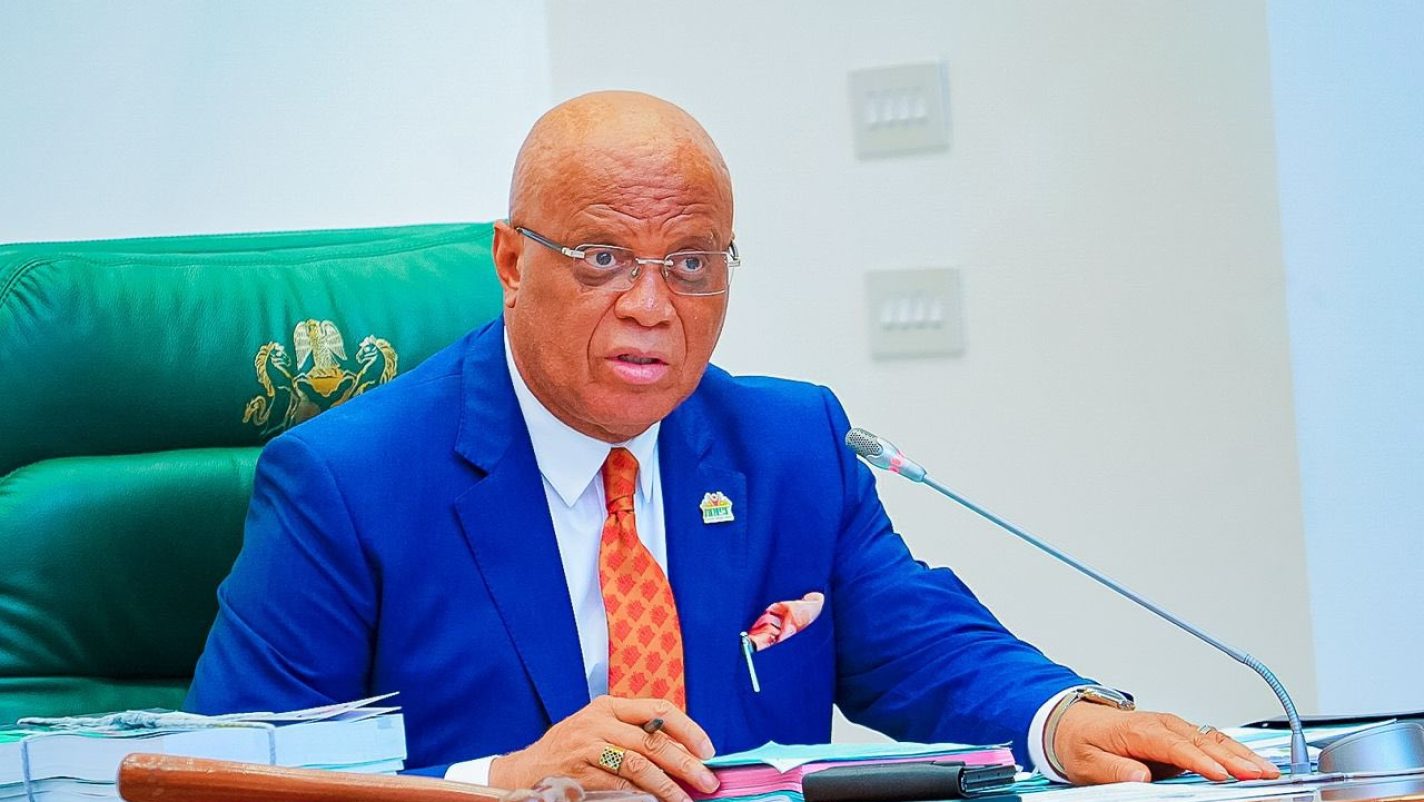China Warns US Against 'Playing With Fire' Over Taiwan After Pentagon Chief's Remarks | Sahara Reporters

China’s foreign ministry responded just after midnight Sunday, saying it had made "solemn representations" to Washington over what it described as inflammatory remarks.
China has issued a warning to the United States, urging it not to "play with fire" over the issue of Taiwan following comments made by US Secretary of Defense, Pete Hegseth, at a security summit in Singapore.
Speaking at the annual Shangri-La Dialogue on Saturday, Hegseth accused Beijing of preparing to use military force to shift the balance of power in Asia, saying the Chinese military was "credibly preparing" for a potential invasion of Taiwan and had been "rehearsing for the real deal."
China’s foreign ministry responded just after midnight Sunday, saying it had made "solemn representations" to Washington over what it described as inflammatory remarks.
“The US should not try to use the Taiwan issue as a bargaining chip to contain China and should not play with fire,” the ministry said in a statement.
AFP reports that China, which did not send Defence Minister Dong Jun to the security summit in Singapore, reiterated its position that Taiwan is an “internal affair” and warned that foreign nations have no right to interfere.
Beijing views the self-governed democratic island as part of its territory and has not ruled out the use of force to assert control.
Meanwhile, former U.S. military officer Pete Hegseth accused China of “illegally seizing and militarising lands” in the contested South China Sea.
Beijing claims nearly the entire waterway, despite a 2016 international tribunal ruling that its claims have no legal basis. On Sunday, China’s foreign ministry insisted there has “never been any issue” with freedom of navigation in the region.
“China is committed to safeguarding its territorial sovereignty and maritime rights and interests in accordance with the law,” a ministry spokesperson said.
The ministry also accused the United States of turning the Indo-Pacific into a “powder keg” by deploying weapons in the South China Sea.











